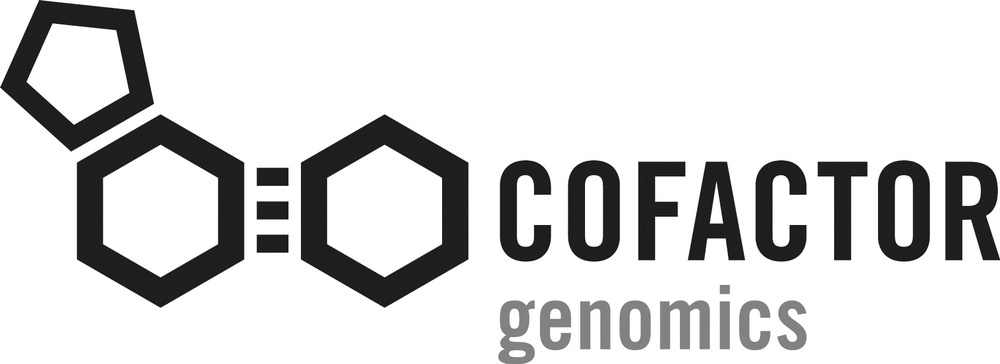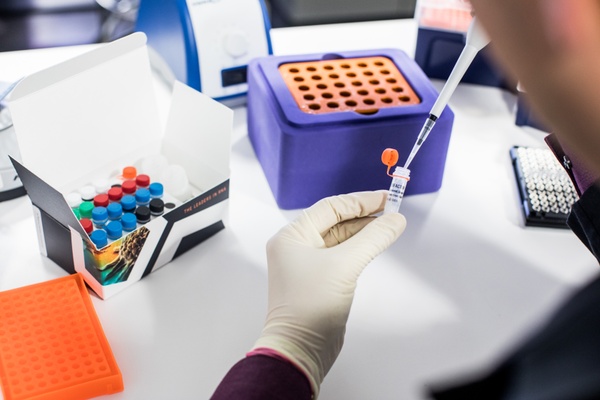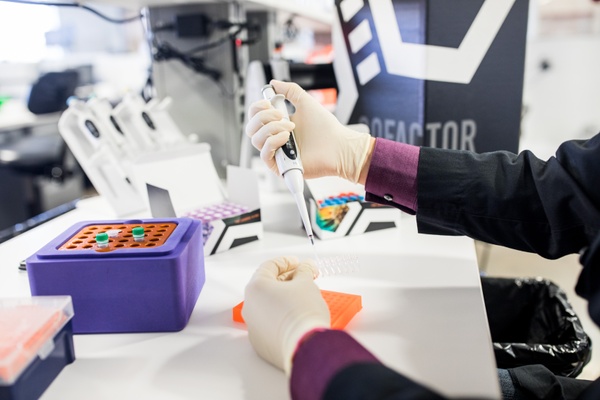SAN FRANCISCO - February 15, 2022 - Cofactor Genomics today announced publication in the latest issue of Nature Scientific Reports of a study showing that the company’s multianalyte biomarkers based on T cell subtype profiling (TCSP) predicted patient response to anti-PD-1 therapy in three different cancers (lung cancer, melanoma, and head and neck) and outperformed the indicated PD-L1 test and Tumor Mutational Burden.
This study extends previous work aimed at bridging the precision medicine gap that currently exists in identifying which patients benefit from immunotherapy. By understanding T cell state or subtype (i.e. activated vs. exhausted state), the research moves beyond immune cell quantification in the tumor to more detailed immune state profiling.
The authors reported that “Characterizing the five TCSs in FFPE patient samples enables new opportunities for researching the tumor-immune microenvironment, studying response to immunotherapies, and developing biomarkers to predict patient response to treatment.”
Anti-PD-1 therapies and other checkpoint inhibitors are now approved for the treatment of 16 cancer types, making almost half of all cancer patients eligible. However, only a quarter of these patients will experience a durable response to the treatment. Although the PD-L1 molecule is involved in the mechanism of action of anti-PD-1/anti-PD-L1 therapies, PD-L1 expression has proven to be an unreliable biomarker for predicting a patient’s response to these treatments. Other aspects of immunity, namely T cells, have proven to be more useful in predicting whether a patient will respond to immunotherapy.
In order to create a better biomarker, Cofactor built five novel RNA models that were used to characterize the full spectrum of T cell adaptive immunity, including the Naive, Activated, Exhausted, Effector Memory, and Central Memory states. The predictive power of T cell states are important for guiding treatment decisions for patients; however, traditional approaches such as flow cytometry or functional assays are not feasible in FFPE samples. Similarly, single gene expression markers are not specific enough to characterize T cell immunity. The T cell subtype profiling presented in Cofactor’s work leverages multi-gene RNA models and enables researchers to use RNAseq to deeply investigate the adaptive immune response in any tissue, including readily available, but preserved, clinical samples. Additionally, this work moves past traditional deconvolution or digital cytometry methods which measure immune cell composition and progresses to the more informative state of T cells.
“This work is an important extension to our Predictive Immune Modeling platform, which is the foundation of Cofactor’s predictive diagnostic tests exhibiting superior predictive capability across numerous cancers,” said Cofactor Genomics CEO Jarret Glasscock, PhD. “As a novel way to characterize the immune response to cancer, the method shows promise as a pan-cancer, anti-PD1 prediction platform. The more than 20 healthcare systems partnered with Cofactor are excited about the continued diagnostic development this publication highlights and the opportunity it presents for cancer patients.”
In the study, patient cohorts with cancers of the head and neck (HNSCC), lung (NSCLC), and skin (melanoma) were characterized for the five T cell states. Using machine learning methods, the combined estimates created a multianalyte biomarker. This biomarker was predictive of both objective response and survival. The T cell subtype profiling method had predictive performance superior to other expression signatures, as well as PD-L1 IHC and Tumor Mutational Burden. For example, in lung cancer, TCSP predicted durable clinical benefit with an AUC of 0.78, while PDL1 IHC and Tumor Mutational Burden measures had AUCs of 0.73 and 0.71, respectively. As such, this method has great potential to improve patient care.
In a continuation of this research, Cofactor is currently recruiting patients across multiple indications and in more than 20 healthcare systems to validate these biomarkers and the T cell state models. For those interested in T cell subtype profiling, patient enrollment, or future studies, please contact clinicaltrials@cofactorgenomics.com.
###



